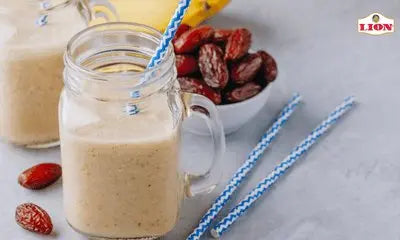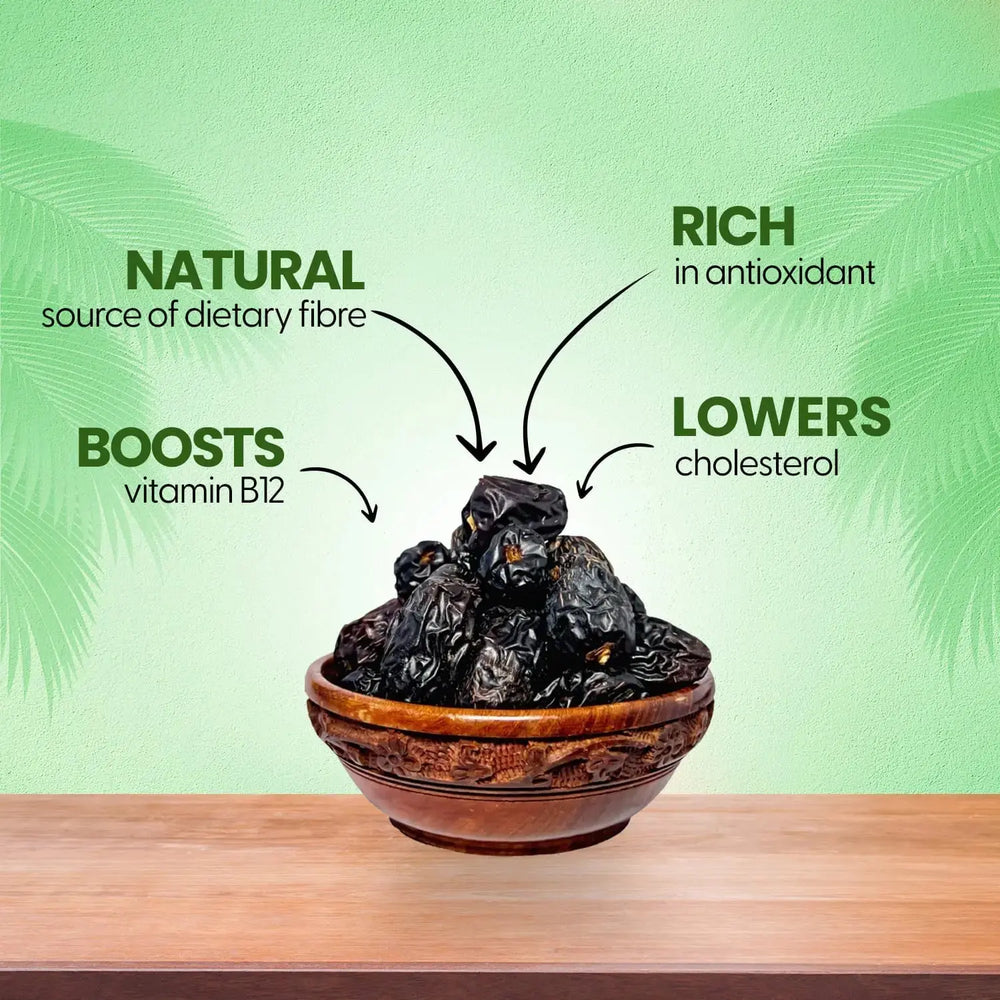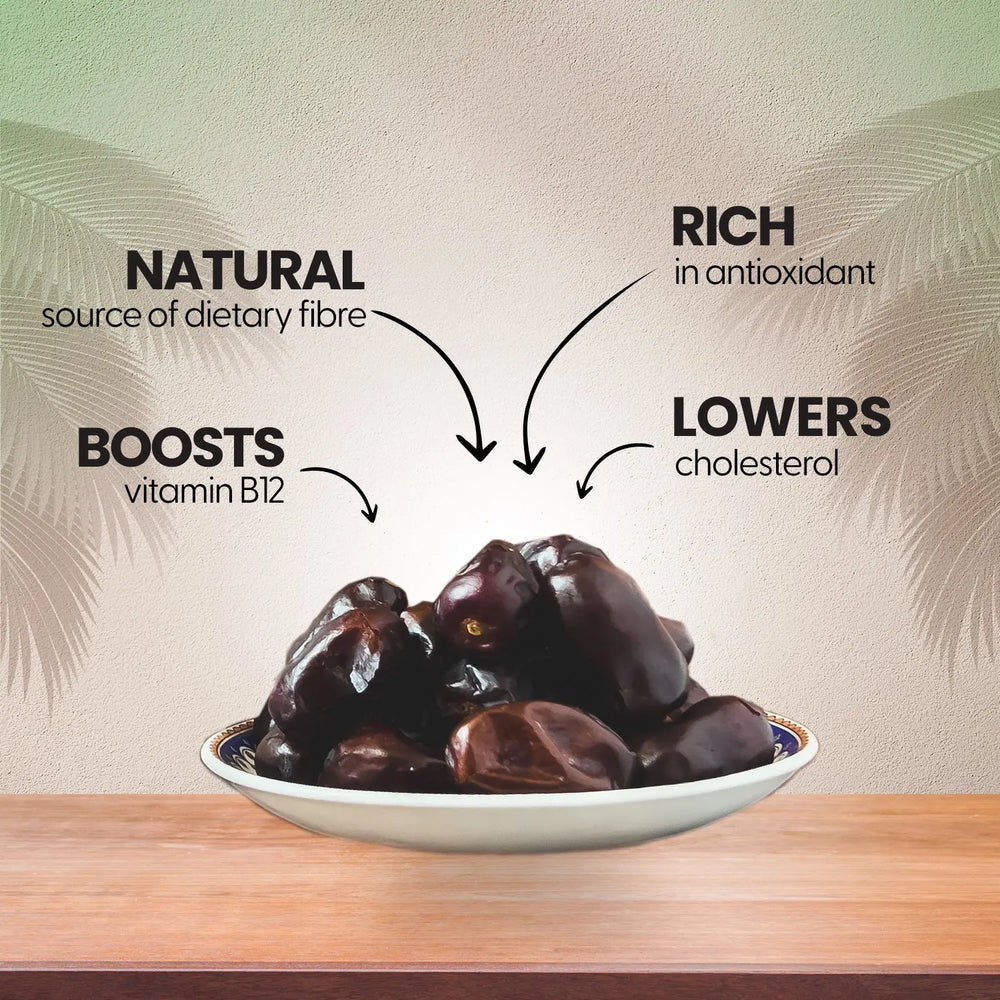Dates and Diabetes: Separating Fact from Fiction
The Surprising Link Between Dates and Diabetes
Millions of people globally are impacted by the chronic condition of diabetes. Diabetes develops as a result of the body's inability to efficiently utilise and store glucose, causing elevated blood sugar levels. While a balanced diet and regular exercise can help manage diabetes, choosing the right types of food can also make a big difference.
Enter dates – the sweet and chewy fruit that has recently become a hot topic in the diabetes community. Dates are often seen as a nutritious and natural alternative to traditional sweeteners like sugar and corn syrup. Still, some people with diabetes are hesitant to include them in their diet due to their high sugar content. So, can dates be good for people with diabetes? First, let's explore the surprising link between dates and diabetes.
The Fear Factor: Are Dates Good for Diabetics?
Dates are naturally high in sugar, with a typical serving (around 3-4 dates) containing around 15 grams of sugar. This has caused some individuals with diabetes to view dates as a harmful food that should be avoided. However, the sugar in dates is different from the added sugars found in processed foods and drinks.
The Impact of Dates on Blood Sugar: Separating Myth from Reality
Dates possess a low glycemic index (GI), leading to gradual absorption into the bloodstream and having minimal influence on blood sugar levels.
As per a research published in the Nutrition Journal, the GI of dates ranges from 44 to 47, which is considered low compared to other sweet foods like sugar (GI = 65) and corn syrup (GI = 85).
This means that dates are a better option for people with diabetes who need to manage their blood sugar levels.
The Sweet Science: How Dates Affect Blood Sugar
In addition to their low GI, dates are also a good source of fibre, which helps slow down the digestion of sugar and further stabilise blood sugar levels. In addition, dates contain antioxidants and other beneficial compounds that have demonstrated a positive effect on insulin resistance and HbA1c levels for individuals with diabetes.
The Nutritional Power of Dates: The Benefits for People with Diabetes
Dates are a great alternative to traditional sweeteners and are also packed with essential vitamins and minerals. One serving of dates provides a good amount of potassium, magnesium, and vitamins B6 and K. These nutrients are crucial for overall well-being and have the ability to regulate blood sugar levels, enhance cardiovascular health, and reinforce bones.
The Timing is Everything: When is the Best Time to Eat Dates
While dates are a nutritious option for people with diabetes, timing is everything. It's best to consume dates in moderation and with a meal, as this will help prevent spikes in blood sugar levels. It's also a good idea to monitor your blood sugar levels after eating dates to see how your body reacts and make any necessary adjustments to your diabetes management plan.
The Sweet and Sour of Dates: Potential Side Effects for People with Diabetes
While dates are a nutritious option for people with diabetes, it's essential to consume them in moderation. Eating too many dates can lead to weight gain and other negative health effects. Additionally, dates can interact with diabetes medications, so it's essential to speak with your doctor or dietitian before incorporating them into your diet.
Putting it All Together - Dates and Diabetes
In conclusion, dates can be a nutritious and natural alternative to traditional sweeteners for people with diabetes. While they are naturally high in sugar, they have a low GI and are a good source of fibre, vitamins, and minerals. By consuming dates in moderation and at the right time, people with diabetes












